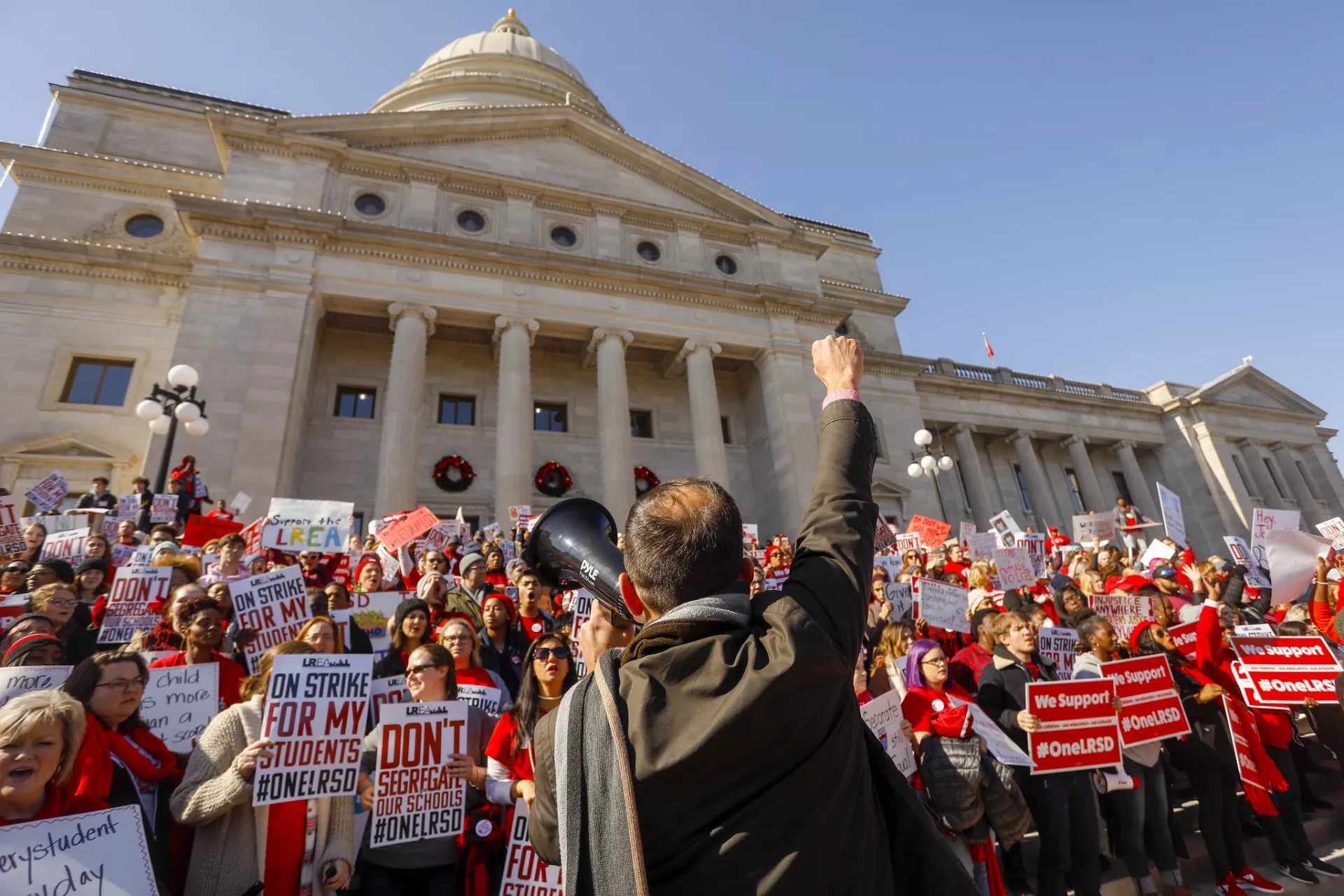No matter where we’re from or what we look like, our society is more just and fair when workers have a voice in the decisions that impact them, their families, and their communities. The story of race and labor in America starts with Black workers and enslaved laborers in the South, which set a precedent of cooperation that has since led to better working conditions for other marginalized groups across the country.
Here are a few events that demonstrate how solidarity has advanced both the racial justice and labor reform in our country.
March on Washington for Jobs and Freedom
Most people have heard about the “March on Washington”, during which Dr. Martin Luther King Jr. gave his renowned “I Have a Dream” speech. But few may be able to cite the full name of the event—The March on Washington for Jobs and Freedom. The march began on August 28, 1963 with 200,000 demonstrators protesting high levels of unemployment, poor wages and job mobility, terrible working conditions, and the horrors of racial segregation for Black workers and all Black people throughout the South. This historic display of Black power and unity granted civil rights leaders an audience with President Kennedy and Vice President Lyndon B. Johnson, to discuss the need for civil rights legislation and ultimate led to the passing of the Civil Rights Act of 1964 and Voting Rights Act of 1965, whose provisions reflected the demands of the march.
Read more from The Martin Luther King, Jr. Research and Education Institute
Sanitation Workers Strike in Memphis
When two African American sanitation workers died due to poor working conditions in Memphis, Tennessee, the tragedy sparked 1,100 workers to strike. Through their collective mourning, this small collective grew, waging a powerful protect against the racist treatment, poor wages and terrible working conditions of sanitation workers. It was during this march, that Dr. Martin Luther King Jr. was assassinated outside of his motel room, having driven to Memphis to march with the sanitation workers. His assassination led to an outpouring of anger, mourning, and activation in the Black community that changed the dynamic of the Civil Rights Movement to this day.
Read more from the Zinn Education Project
Delano Grape Strike
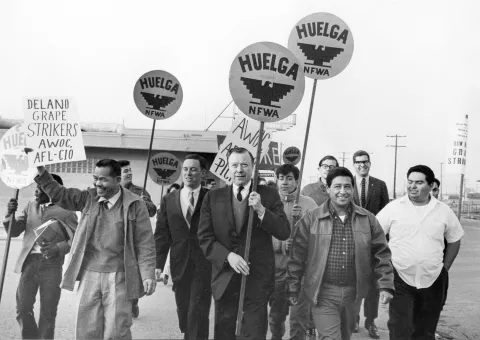
Laborers in Delano, California began striking against the Grape Growers on September 8, 1965 to demand pay consistent with the federal minimum wage and to pursue the right to form a union. This movement was organized by Larry Itliong of the Agricultural Workers Organizing Committee (AWOC), a predominantly Filipino union. About two weeks later, the National Farm Workers Association (NFWA), a group of Mexican American farmworkers led by Cesar Chavez and Dolores Huerta, joined the AWOC strike. The five-year strike was one of the first instances of unity and cooperation between Mexican and Filipino workers, who the Growers had priorly been successful in dividing. This unity led to the formation of the United Farm Workers Union.
Read more from the Zinn Education Project
The Garment Strike
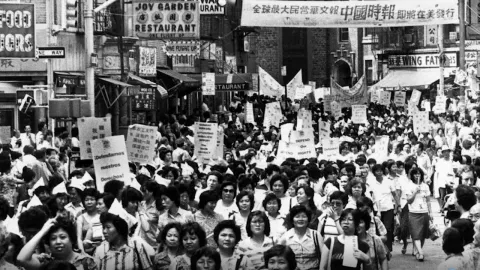
Over 20,000 Chinese American Women, garment workers in New York City’s Chinatown, gathered in Columbus Park to demand better working conditions and liveable wages in 1982. The International Ladies Garment Workers Union organized the strike after contractors refused to renew union contracts and asked them to give up their limited benefits. Within one day, these garment workers secured wage increases and benefits for tens of thousands women workers in the city. Together, these women transformed an industry that historically exploited them and gave voice and leadership to the experience of working women.
Racial Justice and Labor Resources
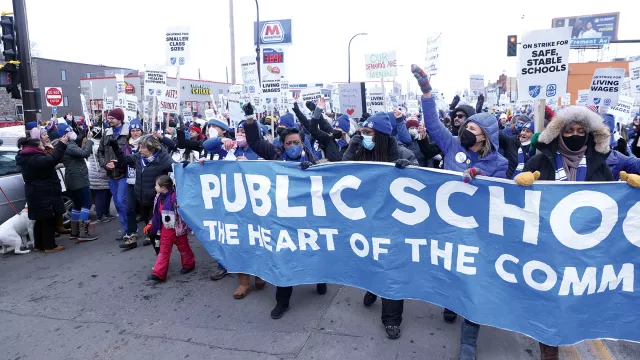
NEA and the U.S. Labor Movement
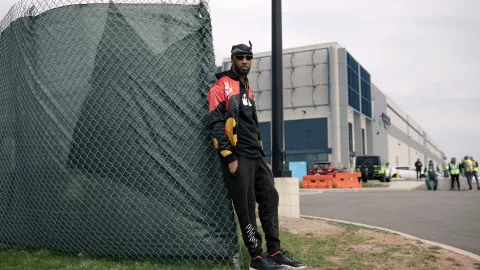
5 Black Leaders that Shaped the Labor Movement
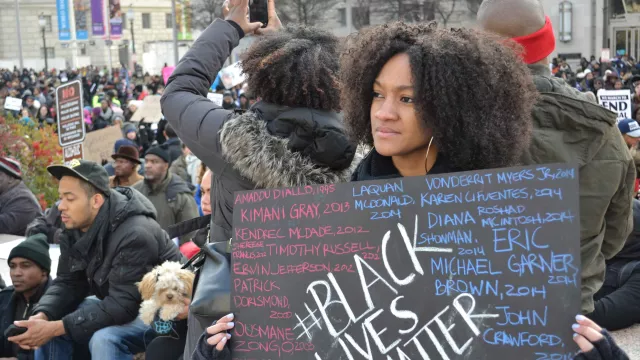
Racial Justice in Education
Ready, Set, Grow!

